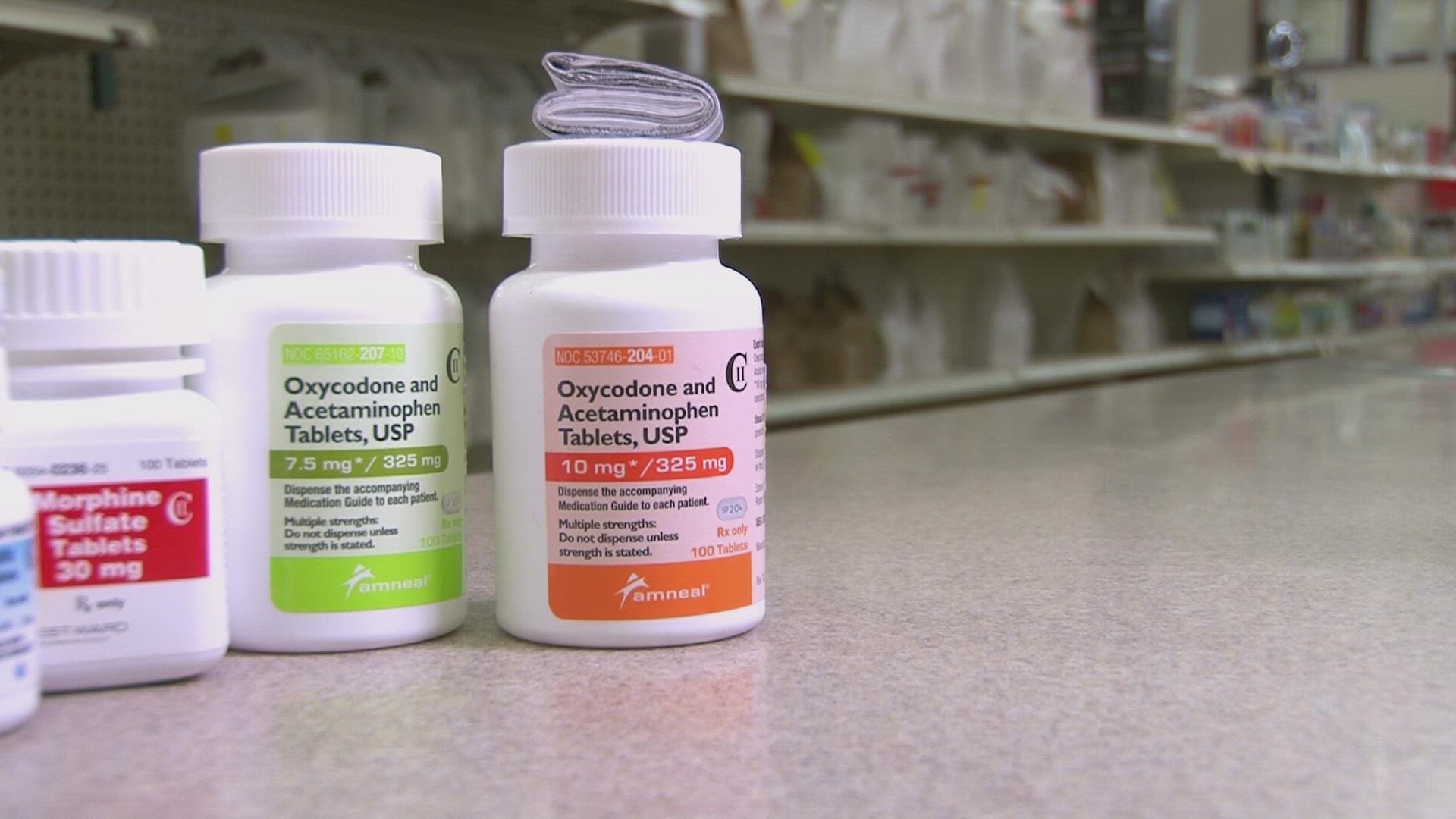WASHINGTON D.C., DC — On Jan. 25, the Substance Abuse and Mental Health Services Administration announced that a part of the federal omnibus bill removes a federal requirement for medical practitioners to submit a Notice of Intent to prescribe some medication.
The DATA Waiver (X-Waiver) required practitioners to submit a notice if they prescribe medications like buprenorphine to treat opioid use disorder.
"All practitioners who have a current DEA registration that includes Schedule III authority, may now prescribe buprenorphine for Opioid Use Disorder in their practice if permitted by applicable state law," said the SAMHSA announcement.
Another part of the law requires practitioners with a DEA license to go through training on substance abuse.
"It was designed to provide training for medical providers, addiction medicine, and the prescribing of medication used to treat addiction medication," said Karen Pershing, the executive director of the Metro Drug Coalition. "The X-Waiver process, for some, has been a deterrent to prescribing the medications."
She said that by removing the requirement, practitioners will be more able to prescribe addiction treatments. Before, she said patients had to go to methadone clinics to get a buprenorphine prescription.
She also emphasized that the drugs are safe and can be used to help people who are addicted to opioids.
Another doctor at South College said he also believes the change will help make the treatments more accessible for people who need them.
"Access can be very challenging, especially in rural environments — which, Tennessee has a lot of those areas," said Dr. Tyler Dougherty, who works in the college's school of pharmacy.
The Centers for Disease Control and Prevention said more than 100,000 people in the U.S. died from an overdose in 2021. Dougherty said he hopes by removing the requirement, fewer people will end up using dangerous drugs.

